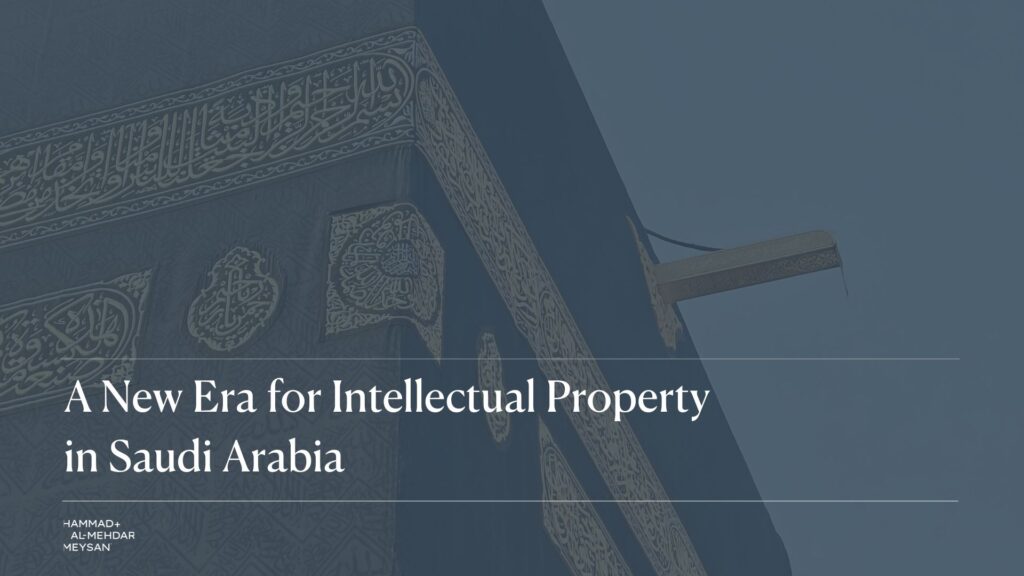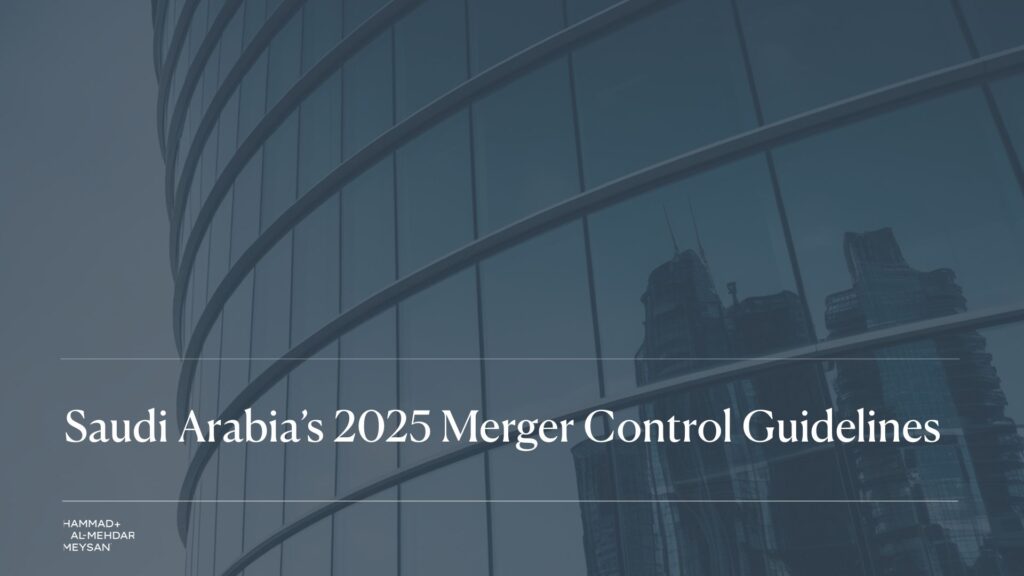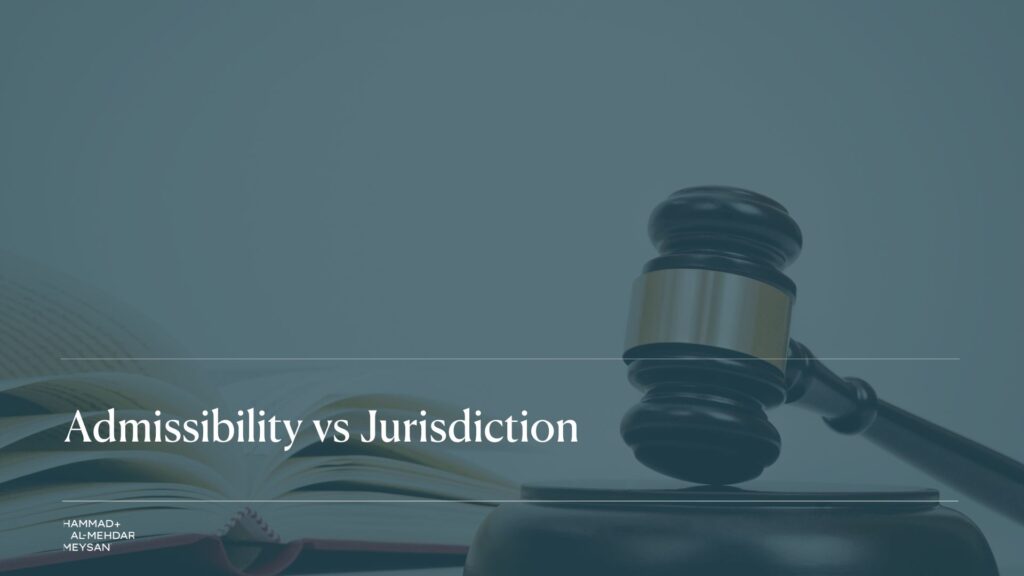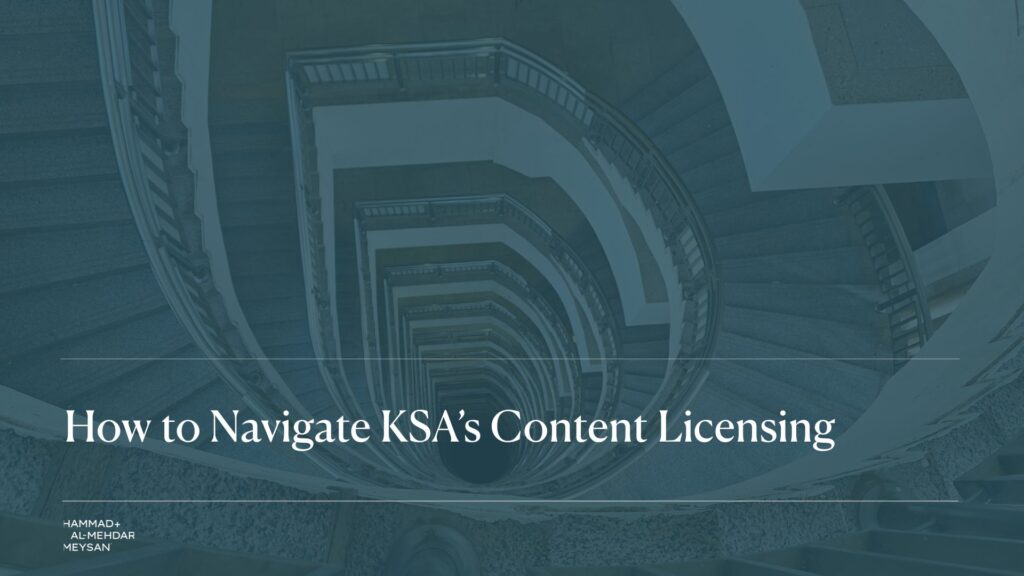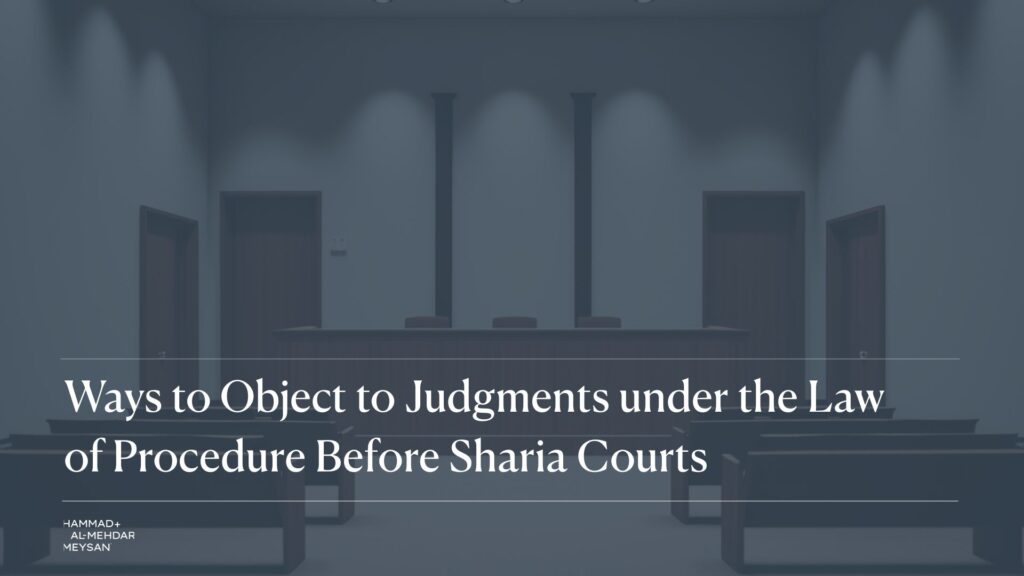
In Saudi Arabia’s Sharia-based judicial system, judgments are intended to bring certainty. Yet the pursuit of justice does not end with the issuance of a decision. The Law of Procedure Before Sharia Courts recognises that errors, procedural failures and exceptional circumstances can arise, and it provides litigants with carefully regulated mechanisms to challenge judgments where fairness demands correction.
These objection pathways are not procedural formalities. They are critical legal safeguards that ensure judgments remain aligned with Sharia principles, statutory requirements, and due process. Knowing how to use them and when is often decisive.
The Three Routes of Objection
The law provides three distinct methods for objecting to judgments: appeal, petition for reconsideration, and cassation. Each serves a specific legal function, operates under strict conditions, and is governed by mandatory time limits.
Appeal: Revisiting the Case in Full
An appeal is the principal route for challenging judgments issued by courts of first instance. It allows a higher court to re-examine the case in its entirety, including the facts and the trial court’s legal reasoning. Crucially, an appeal must be filed within 30 days of the judgment’s issuance. This deadline is strictly applied. Once it passes, the judgment generally becomes final and enforceable, regardless of its commercial or personal impact. Appeals, therefore, demand immediate action and careful procedural execution.
Petition for Reconsideration: An Exceptional Safeguard
A petition for reconsideration is an extraordinary remedy, available only in limited and clearly defined circumstances. It is not a second appeal, nor a mechanism to revisit unfavourable outcomes without cause.
Under Article 200, reconsideration may be sought where the judgment was founded on forged documents or testimony later declared perjurious, where decisive documents emerge that could not previously be produced, or where fraud by the opposing party materially influenced the judgment. It also applies where the court awarded relief beyond the parties’ claims, issued contradictory reasoning, ruled in absentia, or rendered judgment against a party who was not properly represented. The filing period is 30 days from the date the petitioner becomes aware of the relevant ground, not from the date of judgment. This knowledge-based trigger underscores the exceptional nature of this remedy and the importance of evidentiary precision.
Cassation: Protecting Legal Integrity
Cassation represents the highest level of judicial review and is brought before the Supreme Court. Its role is not to reassess facts, but to safeguard legal correctness and procedural integrity. Pursuant to Article 193, cassation may be pursued where a judgment violates Sharia principles or applicable laws, where the court was improperly constituted, lacked jurisdiction, or where the case was incorrectly characterised in law. Cassation ensures consistency across the judiciary and reinforces the proper application of legal principles throughout the Kingdom.
Precision Is Not Optional
Each objection route is tightly regulated. Choosing the wrong mechanism, relying on unsupported grounds, or missing a statutory deadline can permanently foreclose the right to challenge a judgment.
As Saudi Arabia continues to strengthen judicial efficiency and procedural discipline, the courts’ tolerance for procedural missteps is narrowing. A successful objection today requires not only strong legal grounds, but also strategic clarity and meticulous compliance.

